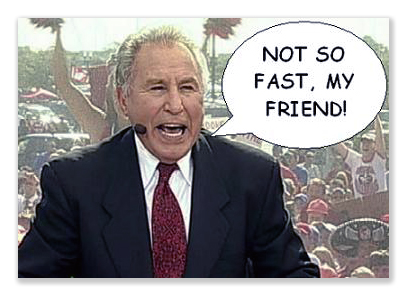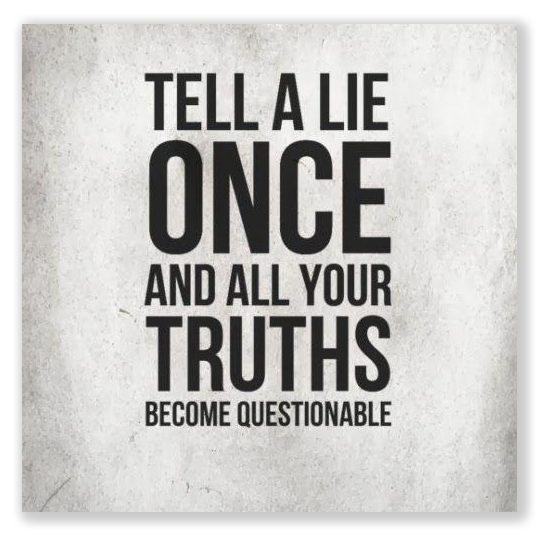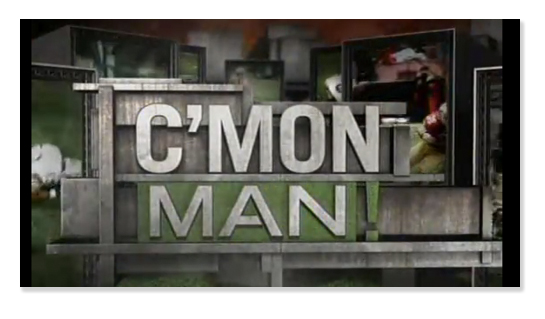We post news and comment on federal criminal justice issues, focused primarily on trial and post-conviction matters, legislative initiatives, and sentencing issues.

HOBBLED BY TECHNOLOGY AND BUREAUCRATIC INCOMPETENCE
After seven years, over 1,400 posts and (this coming Sunday) our 400th weekly newsletter, our website crashed late last week. Our outstanding web host, which I won’t name but rhymes with “Bluehost,” only required five contacts and 96 hours to restore us.
Makes me proud to have sent the company all that money for so many years…

ALL IN THE FAMILY
Gilbert Bicknell and his son Junior ran a drug distribution business. Nothing wrong with that: Eli Lilly, Abbott Labs, and Pfizer do the same, earning substantial profits for their shareholders.
But Gil and Junior operated on a much smaller and less legal scale. They sold methamphetamines (and not from a licensed pharmacy, either). In July 2020, the police saw the pair passing around meth at a gas station. When the duo left in separate cars, the police gave chase to Junior (who was holding the bag). Gil swerved to cut off the pursuing cruisers to no avail, and both were arrested.
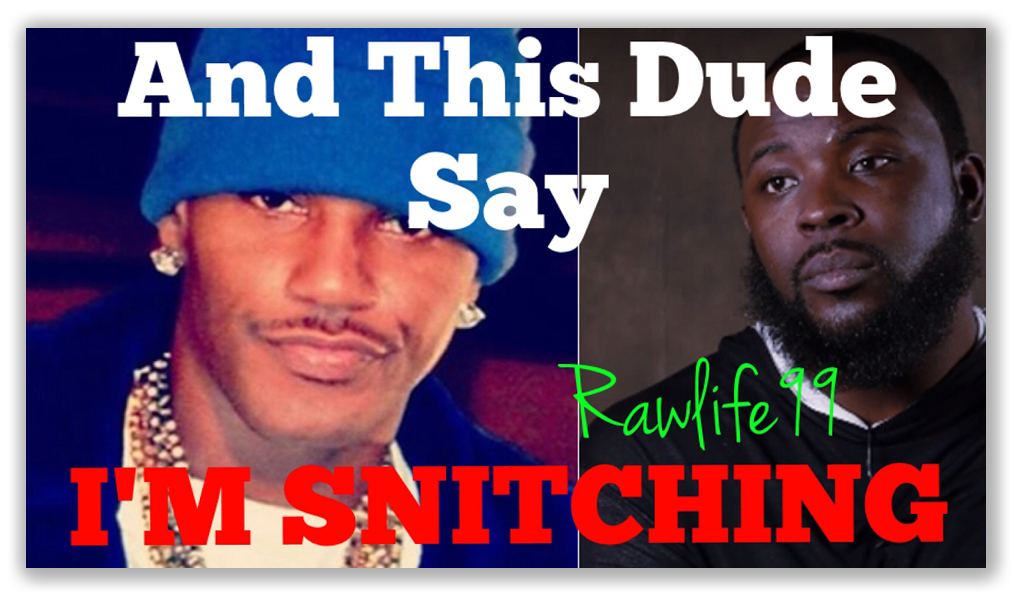 Gil pleaded guilty and, to avoid the 10-year mandatory minimum, gave the authorities a statement to qualify for the 18 U.S.C. § 3553(f) safety valve, which lets a district court impose a sentence below the otherwise mandatory minimum to low-level drug defendants who “truthfully provide to the Government all information and evidence the defendant has concerning the offense or offenses that were part of the same course of conduct or of a common scheme or plan.” Gil debriefed and then claimed at sentencing that he should receive relief from the 21 U.S.C. § 841(b)(1)(A) 10-year mandatory minimum.
Gil pleaded guilty and, to avoid the 10-year mandatory minimum, gave the authorities a statement to qualify for the 18 U.S.C. § 3553(f) safety valve, which lets a district court impose a sentence below the otherwise mandatory minimum to low-level drug defendants who “truthfully provide to the Government all information and evidence the defendant has concerning the offense or offenses that were part of the same course of conduct or of a common scheme or plan.” Gil debriefed and then claimed at sentencing that he should receive relief from the 21 U.S.C. § 841(b)(1)(A) 10-year mandatory minimum.
But Gil didn’t reckon on Junior, who cut his own deal and told the government that his dad had been less than candid in his debrief, leaving out a lot of criminal mischief from his admission of wrongdoing. At Dad’s sentencing, Junior testified against his father. Gil got 151 months.
But the government wasn’t without blemish. It signed a written plea agreement with Junior which he agreed to cooperate with the government by providing information about his father’s criminal conduct. But “perhaps owing to a clerical oversight,” the appellate decision helpfully suggests, “the plea agreement itself was not entered into the district court’s docket.” The government never disclosed the agreement to Gil.
At Gil’s sentencing, Junior testified against his father. What’s more, the boy falsely and repeatedly claimed he had entered an “open” plea of guilty – a plea not made pursuant to a plea agreement. The Assistant U.S. Attorney – who was the same one who signed Junior’s plea agreement on behalf of the government – suborned the perjury.
The government also put the case agent who had conducted Gil’s safety-valve proffer on the stand. He testified that based on watching the interview, he thought Gil had “tried to minimize his own criminal conduct and that he generally came across as not credible.”
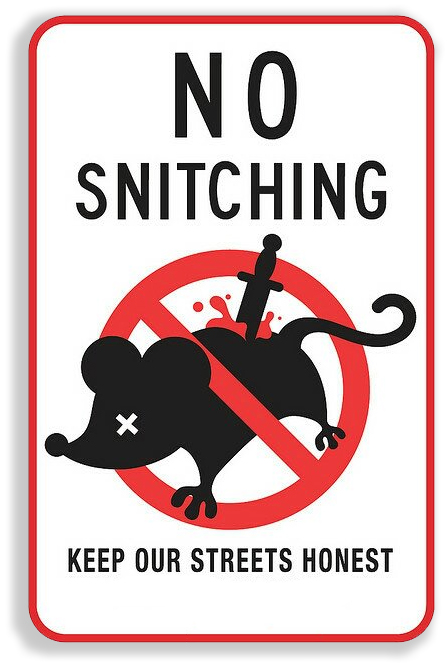 The district court smelled a rat. During a break in the proceedings following Junior’s testimony against his father, the Court managed to locate a copy of the written plea agreement. The judge told the parties what he discovered, but Gil’s lawyer inexplicably did not recall Junior to the stand to confront the boy about his lies.
The district court smelled a rat. During a break in the proceedings following Junior’s testimony against his father, the Court managed to locate a copy of the written plea agreement. The judge told the parties what he discovered, but Gil’s lawyer inexplicably did not recall Junior to the stand to confront the boy about his lies.
On appeal, Gil argued that his Brady and Giglio rights had been violated. A couple of days ago, the 7th Circuit agreed, but said “so what?”
In the 1962 Brady v. Maryland decision, the Supreme Court ruled that the government violates a defendant’s 5th Amendment due process rights when it suppresses evidence favorable to the defendant. A decade later, in Giglio v. United States, the Court confirmed that Brady’s disclosure requirement applies to evidence that could be used to impeach a government witness. In order to make a showing that his or her Brady/Giglio rights were violated, “a defendant must show that undisclosed information was ‘material either to guilt or to punishment.’”
The Circuit said, “Brady’s materiality requirement explains the result here. Gilbert Bicknell was left completely in the dark about evidence that would have been useful to impeach a witness who testified against him at sentencing. That evidence would not have affected the outcome of his sentencing, though, so the government’s failure to disclose does not lead to relief under Brady or Giglio.”
The 7th said that Junior’s plea agreement would have been “useful impeachment evidence, as it would have definitively shown that he was co-operating with the government and, in the interest of receiving a reduced sentence, may have had an incentive to slant his testimony. But the fact that Junior testified as a government witness was itself enough to make plain to anyone at the hearing—including Gilbert, his lawyer, and the district court—that he was cooperating with the government. Remember too that Junior admitted his desire for a reduced sentence while on the witness stand.”
The boy’s stated hope for a lesser sentence gave Gil’s lawyer plenty of ammo to cross-examine Junior on his credibility even without the plea agreement. Gil’s lawyer, the Circuit said, “opted not to challenge Junior’s credibility based on the information he had available to him, but his decision not to use that evidence does not make the plea agreement any less cumulative.”
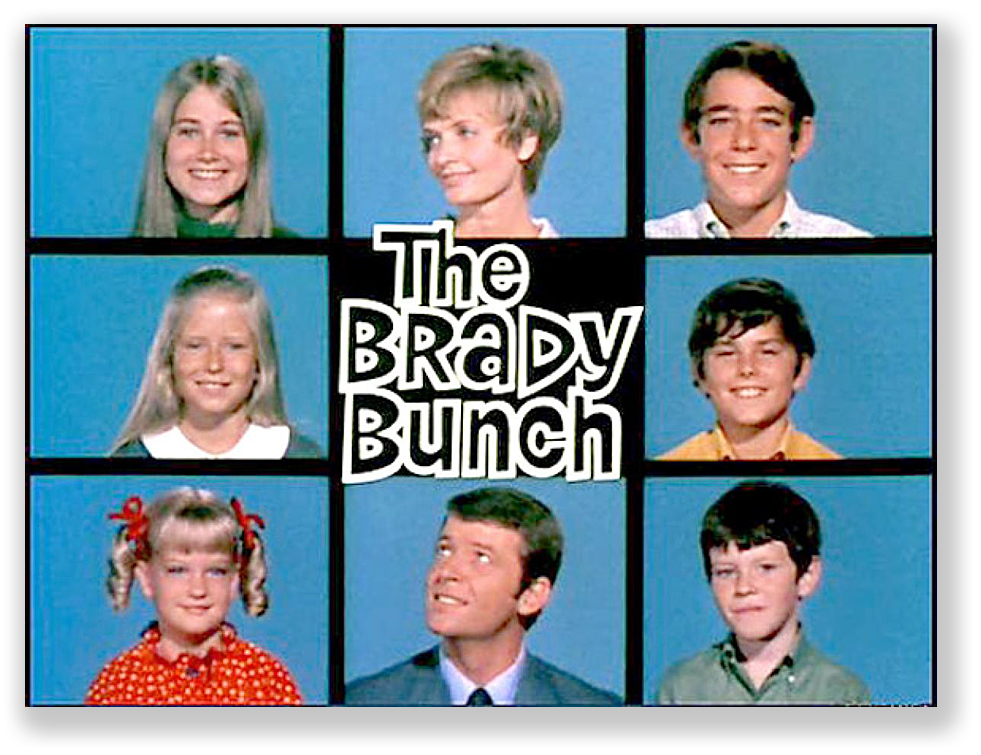 The case was not a slam-dunk. The 7th Circuit said at the outset: “But make no mistake: the government’s failure to adhere to its disclosure obligation deeply troubles us. It failed to inform a criminal defendant before sentencing that one of the government’s key witnesses—the defendant’s own son—would be testifying pursuant to a cooperation agreement. That agreement was a textbook example of Giglio information, and it is very unsettling that more care was not taken to ensure its disclosure before sentencing. Though we must affirm, we do so reluctantly.”
The case was not a slam-dunk. The 7th Circuit said at the outset: “But make no mistake: the government’s failure to adhere to its disclosure obligation deeply troubles us. It failed to inform a criminal defendant before sentencing that one of the government’s key witnesses—the defendant’s own son—would be testifying pursuant to a cooperation agreement. That agreement was a textbook example of Giglio information, and it is very unsettling that more care was not taken to ensure its disclosure before sentencing. Though we must affirm, we do so reluctantly.”
To be sure, Gil has ample basis to question his lawyer’s failure to pursue the blatantly false statements, and he can do so in a 28 USC § 2255 motion. But the Circuit’s ruling glosses over an important question: Junior lied, but so did the Assistant U.S. Attorney. Without penalizing the government for its attempted cheat, the 7th’s decision suggests that there is no downside to the prosecution for getting caught.
United States v. Bicknell, No. 22-2268, 2023 U.S. App. LEXIS 18300, at *9 (7th Cir. July 19, 2023)
– Thomas L. Root



